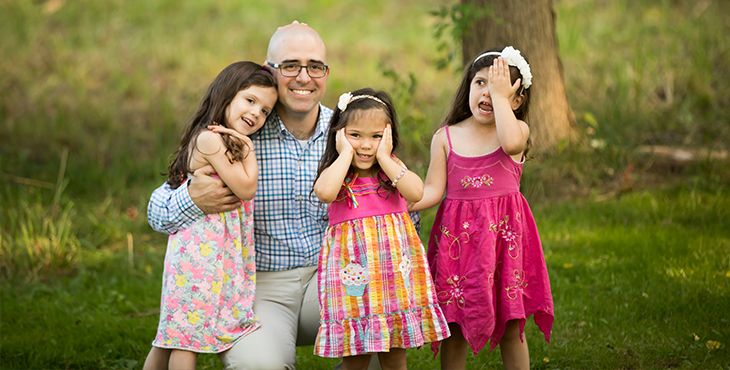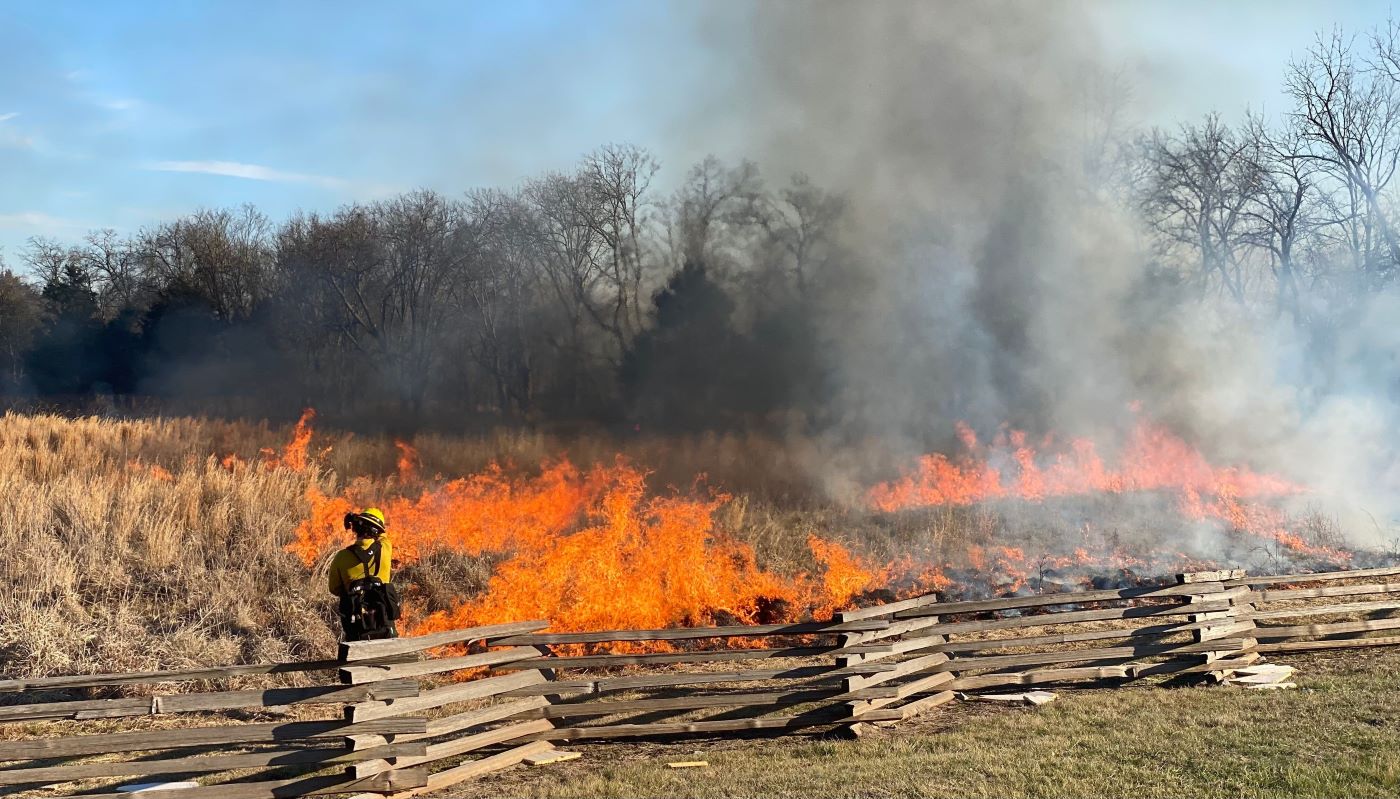Dr. Paul King, an Army Veteran, is a clinical research psychologist at the VA Center for Integrated Healthcare (CIH), located at the VA Western New York Healthcare System. He’s also the associate director of the CIH Postdoctoral Fellowship Program. The center’s mission is to enhance Veterans’ health care by improving the integration of mental health services into primary care. In addition to mental health, King focuses on post-deployment health issues and health care use by combat Veterans, cognitive and emotional impacts of deployment on combat Veterans, and the assessment and management of traumatic brain injury, persistent post-concussion symptoms, and PTSD. He has authored more than 25 peer-reviewed papers and is an adjunct assistant professor at the State University of New York at Buffalo.
What motivated you to join the military?
I started considering military service when I was in high school. Service to others was a value that was instilled in me, and I found that the opportunity to serve my country was a very personally meaningful way of living out that value. Plus, it offered a very real opportunity to challenge myself and an added benefit of financially supporting my education.
What inspired your research career?
I can’t say there was just one inspiration but multiple experiences that became self-reinforcing. Critical thinking was something that was emphasized throughout my education. But in studying social sciences as an undergraduate, I had a number of wonderful professors who relayed the value of actually going out to gather, and then trying to make sense of, real-world data. As I progressed in my graduate training and current position, the inspiration became more about learning to use research data to improve Veterans’ everyday lives in meaningful ways.
Describe your military experience.
I enlisted as a combat engineer in the New York Army National Guard while I was in college at the State University of New York at Buffalo and attending Army Reserve Officers’ Training Corps (ROTC) classes. My plan at the time was to enlist, complete college and my ROTC courses, and ultimately pursue a commission as an Army officer either on active duty or in the National Guard.
Upon enlisting, I took advantage of a program known as the Split Training Option, or Split-Op, which allowed me to complete Army basic training one summer and advanced individual training the next so I could continue attending college classes in the interim. Following the attacks on the World Trade Center in 2001, my National Guard unit was activated twice: for a brief time for state active duty, and then to federal active duty from 2003 to 2005 in support of Operation Iraqi Freedom.
Detours and failures are likely. But instead of viewing them as barriers to success, characterize them as opportunities for growth.
In terms of day-to-day activities as a combat engineer in Iraq, my tasks ranged widely. They included providing aid to Iraqi civilians; building infrastructure on our forward operating base or in the community; and conducting security operations, patrols, and recovery and demolition of weapons caches and explosive ordnance. I separated from the National Guard following my return from active duty.
What kinds of research are you involved in? How does it potentially impact Veterans?
My research program is focused on post-deployment health care, in particular primary care management of some of the major health concerns faced by combat Veterans, including concussions, PTSD, and depression. My current work involves development, modification, and testing of clinical strategies that can be delivered right in primary care clinics to improve the health and well-being of Veterans. The main idea behind this work is basically to address these very common concerns as soon as possible in a highly accessible treatment environment.
Based on your life experiences to date, what do you believe are the keys to success?
Maintaining a mission orientation, realistic expectations, and a willingness to solve problems will go a long way in this line of work. Having a professional mission will help guide the decisions you make about your research and where to aim your efforts. Understand that success in research is not necessarily a linear trajectory. Not every grant will be funded, the papers you publish will require revisions, and things will occasionally go wrong with your projects. These events go with the territory. Detours and failures are likely. But instead of viewing them as barriers to success, characterize them as opportunities for growth. Learn from your mistakes and continue doing work that’s worth doing. Surround yourself with good colleagues, and they will help raise you up. In turn, be a good colleague to them and help raise them up, too.
To read more profiles of VA researchers who are Veterans, visit the VA Research website.
Photo at top: Dr. Paul King, seen here with his children, served in Iraq as a combat engineer with the New York Army National Guard.
Topics in this story
More Stories
From Nov. 4 to 11, buildings and homes across the country will light up green to recognize the sacrifice and strength of our Veterans as they transition from military to civilian life.
Now more than ever, it is important to understand how to identify tax scams, how to protect yourself, get help and report.
Southeast Conservation Corps has an opportunity for post-9/11 Veterans to join the Veterans Fire Corps Conservation Crew.






